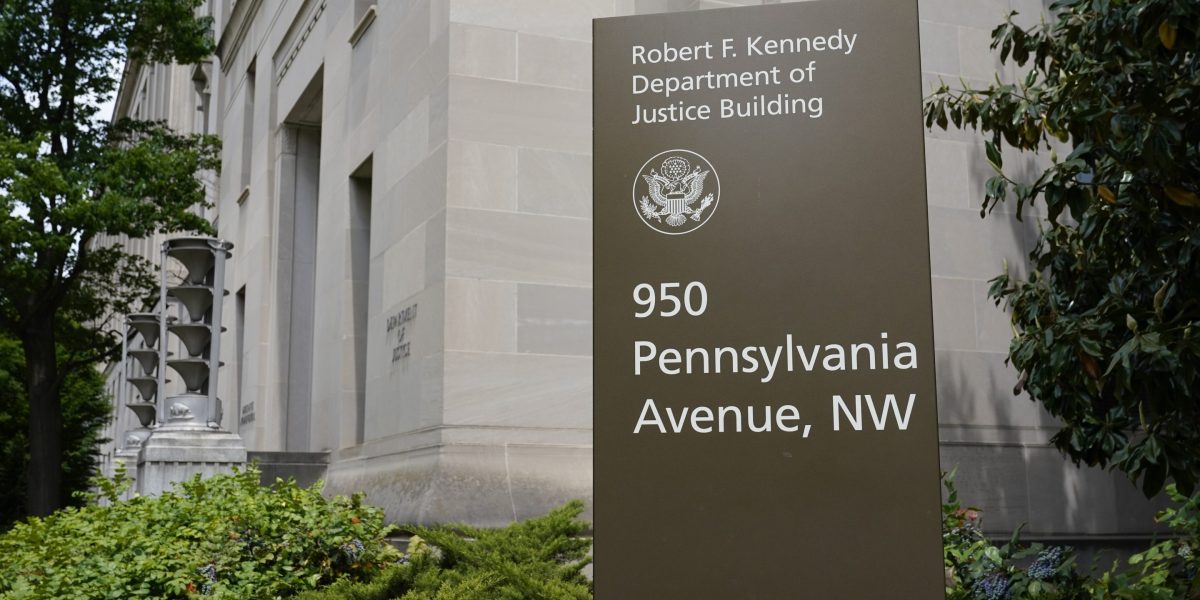[ad_1]

U.S. regulators on Monday sued SolarWinds, a Texas-based expertise firm whose software program was breached in a large 2020 Russian cyberespionage marketing campaign, for fraud for failing to reveal safety deficiencies forward of the gorgeous hack.
The corporate’s prime safety government was additionally named within the grievance filed by the Securities and Trade Fee looking for unspecified civil penalties, reimbursement of “ill-gotten positive aspects” and the manager’s elimination.
Detected in December 2020, the SolarWinds hack penetrated U.S. authorities companies together with the Justice and Homeland Safety departments, and greater than 100 non-public firms and assume tanks. It was a impolite wake-up name that raised consciousness in Washington in regards to the urgency of stepping up efforts to higher guard in opposition to intrusions.
Within the 68-page grievance filed in New York federal court docket, the SEC says SolarWinds and its then vp of safety, Tim Brown, defrauded buyers and prospects “via misstatements, omissions and schemes” that hid each the corporate’s “poor cybersecurity practices and its heightened — and rising — cybersecurity dangers.”
In an announcement, SolarWinds known as the SEC expenses unfounded and stated it’s “deeply involved this motion will put our nationwide safety in danger.”
Brown carried out his duties “with diligence, integrity, and distinction,” his lawyer, Alec Koch, stated in an announcement. Koch added that “we sit up for defending his repute and correcting the inaccuracies within the SEC’s grievance.” Brown’s present title at SolarWinds is chief info safety officer.
The SEC’s enforcement division director, Gurbir S. Grewal, stated in an announcement that SolarWinds and Brown ignored “repeated crimson flags” for years, portray “a false image of the corporate’s cyber controls atmosphere, thereby depriving buyers of correct materials info.”
The very month that SolarWinds registered for an preliminary public providing, October 2018, Brown wrote in an inner presentation that the corporate’s “present state of safety leaves us in a really susceptible state,” the grievance says.
Among the many SEC’s damning allegations: An inner SolarWinds presentation shared that yr stated the corporate’s community was “not very safe,” which means it was susceptible to hacking that would result in “main repute and monetary loss.” All through 2019 and 2020, the SEC alleged, a number of communications amongst SolarWinds staff, together with Brown, “questioned the corporate’s skill to guard its essential belongings from cyberattacks.”
SolarWinds, which relies in Austin, Texas, offers network-monitoring and different technical providers to a whole lot of hundreds of organizations all over the world, together with most Fortune 500 firms and authorities companies in North America, Europe, Asia and the Center East.
The almost two-year espionage marketing campaign concerned the an infection of hundreds of consumers by seeding malware within the replace channel of the corporate’s community administration software program. Capitalizing on the supply-chain hack, the Russian cyber operators then stealthily penetrated choose targets together with a minimum of 9 U.S. authorities companies and distinguished software program and telecommunications suppliers.
In its assertion, SolarWinds known as the SEC motion an “instance of the company’s overreach (that) ought to alarm all public firms and dedicated cybersecurity professionals throughout the nation.”
It didn’t clarify how the SEC’s motion might put nationwide safety in danger, although some within the cybersecurity group have argued that holding company info safety officers personally liable for recognized vulnerabilities might make them much less diligent about uncovering and/or disclosing them — and discourage certified individuals from aspiring to such positions.
Below the Biden administration, the SEC has been aggressive about holding publicly traded firms to account for cybersecurity lapses and failures to reveal vulnerabilities. In July, it adopted guidelines requiring them to reveal inside 4 days all cybersecurity breaches that would have an effect on their backside traces. Delays can be permitted if instant disclosure poses critical national-security or public-safety dangers.
Victims of the SolarWinds hack whose Microsoft electronic mail accounts had been violated included the New York federal prosecutors’ workplace, then-acting Homeland Safety Secretary Chad Wolf and members of the division’s cybersecurity workers, whose jobs included searching threats from overseas international locations.
[ad_2]




